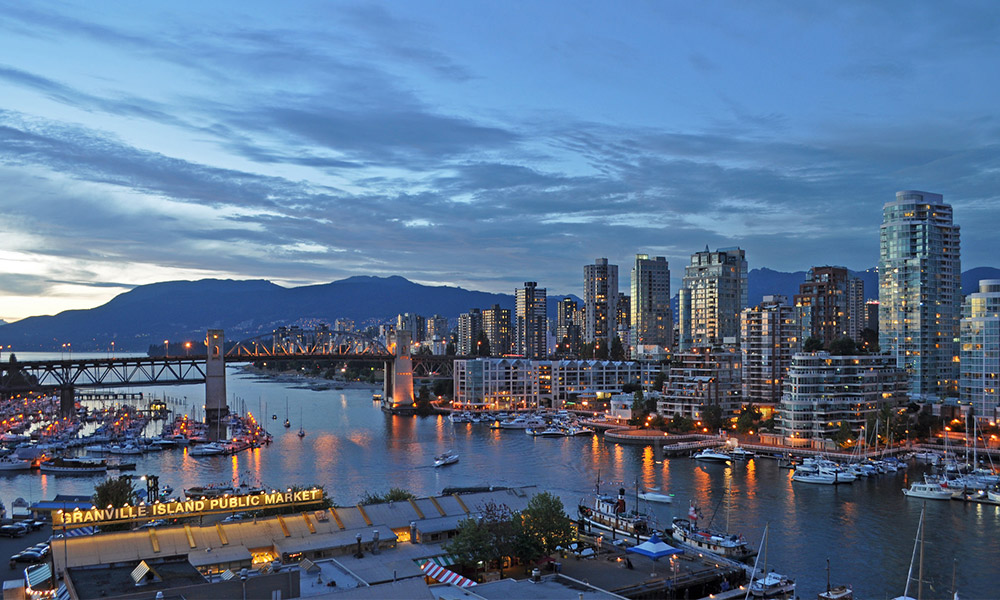 In a strange irony, Vancouver is shutting down its long-tolerated but unlicensed cannabis dispensaries, pursuant to a British Columbia high court decision upholding its right to do so—even as the province struggles to meet demand amid a dearth of licensed retail outlets.
In a strange irony, Vancouver is shutting down its long-tolerated but unlicensed cannabis dispensaries, pursuant to a British Columbia high court decision upholding its right to do so—even as the province struggles to meet demand amid a dearth of licensed retail outlets.

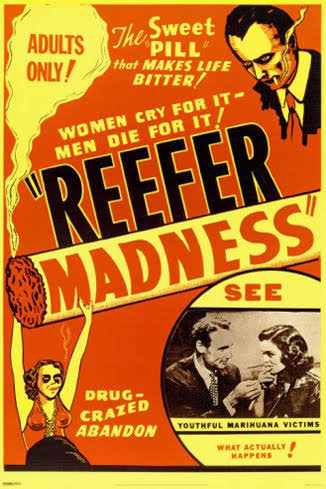 The claim that cannabis causes "mental illness" rears its dubious head like clockwork every few years, and this latest round has occasioned a virtual media frenzy—a seeming backlash to the recent advances in normalization of the herb and its aficionados. Scratching the claims, however, reveals more hype than rigor.
The claim that cannabis causes "mental illness" rears its dubious head like clockwork every few years, and this latest round has occasioned a virtual media frenzy—a seeming backlash to the recent advances in normalization of the herb and its aficionados. Scratching the claims, however, reveals more hype than rigor.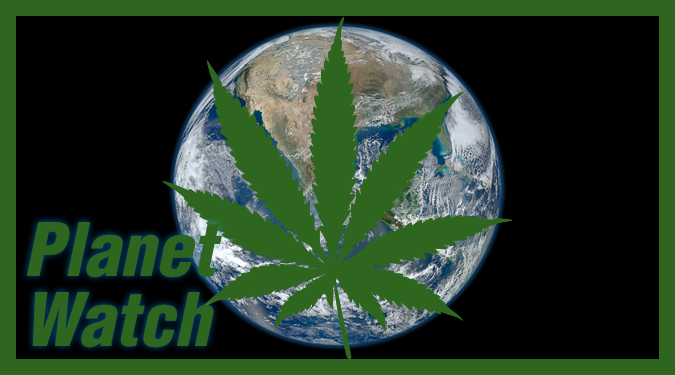 2018 saw historic strides toward the liberation of the cannabis plant, from the proverbial four corners of the Earth—North America to the Antipodes. Canadian legalization garnered big headlines, but there were significant breaks with the global prohibition regime in several other countries—including some seemingly unlikely candidates, in regions where the anti-cannabis stigma is deeply entrenched.
2018 saw historic strides toward the liberation of the cannabis plant, from the proverbial four corners of the Earth—North America to the Antipodes. Canadian legalization garnered big headlines, but there were significant breaks with the global prohibition regime in several other countries—including some seemingly unlikely candidates, in regions where the anti-cannabis stigma is deeply entrenched. From the "Tulip Mania" in 15th century Holland to the Bitcoin bubble of 2017, high hopes for a commodity's market performance can lead to unsustainable overvaluation inevitably followed by a painful correction. Many observers believe that cannabis fell prey to this phenomenon in 2018—but are hoping for growth in a more rational and realistic market in the coming year.
From the "Tulip Mania" in 15th century Holland to the Bitcoin bubble of 2017, high hopes for a commodity's market performance can lead to unsustainable overvaluation inevitably followed by a painful correction. Many observers believe that cannabis fell prey to this phenomenon in 2018—but are hoping for growth in a more rational and realistic market in the coming year.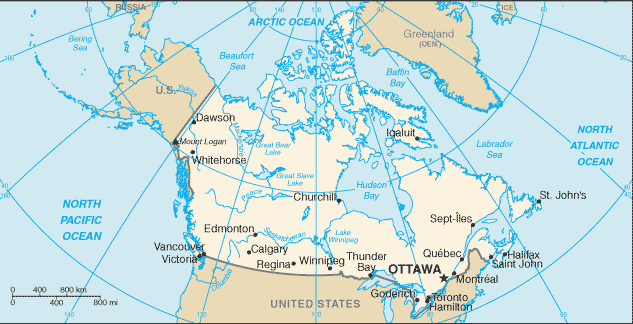 Nationwide cannabis shortages since Canada went legal last month are causing some provinces to rethink their distribution plans. Alberta has just announced that retail outlets will be barred from purchasing online but must place their orders manually to prevent the computerized system from being overwhelmed. Provincial authorities are struggling to break the logjam in the supply chain, and keep enough product in stock for those who purchase either online or from brick-and-mortar outlets.
Nationwide cannabis shortages since Canada went legal last month are causing some provinces to rethink their distribution plans. Alberta has just announced that retail outlets will be barred from purchasing online but must place their orders manually to prevent the computerized system from being overwhelmed. Provincial authorities are struggling to break the logjam in the supply chain, and keep enough product in stock for those who purchase either online or from brick-and-mortar outlets.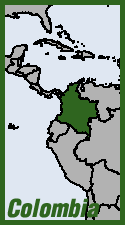 Colombia is facing a strange contradiction—foreign capital is pouring in for the legalized cannabis sector, yet the new right-wing President Iván Duque is returning to the hardline "drug war" policies that the country has moved away from in recent years. This means not only a resumption of glyphosate spraying to wipe out illegal crops in the countryside, but an overturn of the former decriminalization policy. Street arrests for cannabis use and possession have soared since Duque issued his recrim decree.
Colombia is facing a strange contradiction—foreign capital is pouring in for the legalized cannabis sector, yet the new right-wing President Iván Duque is returning to the hardline "drug war" policies that the country has moved away from in recent years. This means not only a resumption of glyphosate spraying to wipe out illegal crops in the countryside, but an overturn of the former decriminalization policy. Street arrests for cannabis use and possession have soared since Duque issued his recrim decree. Cannabis has become a global industry, but obviously it is still limited by legal restrictions—and the fact that these increasingly vary from country to country further complicates things. Where is commercial cannabis going and where is it coming from? And how is this likely to change as the international atmosphere further liberalizes?
Cannabis has become a global industry, but obviously it is still limited by legal restrictions—and the fact that these increasingly vary from country to country further complicates things. Where is commercial cannabis going and where is it coming from? And how is this likely to change as the international atmosphere further liberalizes?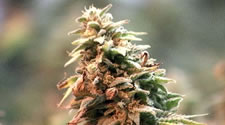 While Canada's move to officially legalize cannabis has been hailed as courageous and historic by advocates around the world, some of the planet's most intolerant governments are reacting with dismay—even threatening to have their own citizens arrested if they indulge in legal marijuana on Canadian sovereign territory.
While Canada's move to officially legalize cannabis has been hailed as courageous and historic by advocates around the world, some of the planet's most intolerant governments are reacting with dismay—even threatening to have their own citizens arrested if they indulge in legal marijuana on Canadian sovereign territory.





Recent comments
2 days 6 hours ago
1 week 1 day ago
5 weeks 1 day ago
9 weeks 5 hours ago
13 weeks 11 hours ago
13 weeks 5 days ago
23 weeks 5 days ago
27 weeks 6 days ago
28 weeks 6 days ago
28 weeks 6 days ago